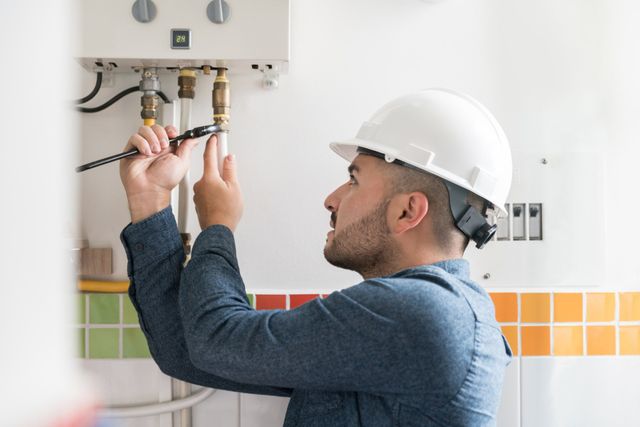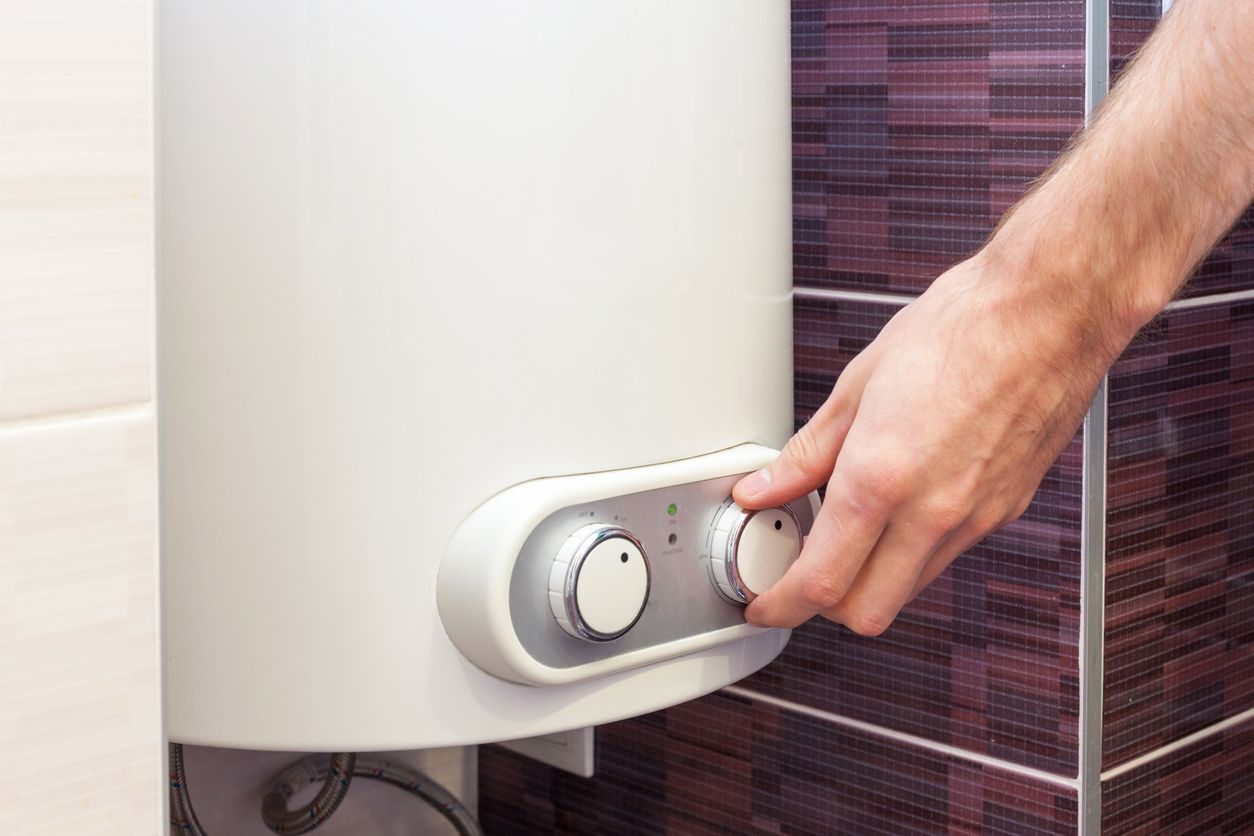Handling the Typical Water Heater Crisis Scenarios
Handling the Typical Water Heater Crisis Scenarios
Blog Article
Nearly everybody has got their own unique conception involving The Importance of Water Heater Maintenance.

A water heater is just one of the most vital fundamental appliances that can be discovered in a home. With hot water heater, you don't need to go through the anxiety of heating water by hand every single time there is a demand to take a bath, wash, or the recipes. There is always a possibility that your water heater would certainly act up as with many mechanical tools.
It is very important to note any kind of little malfunction and also tackle it quickly before things leave hand. Many times, your water heater starts to malfunction when there is a build-up of sediments as a result of continuous use. As a precaution, regular flushing of your water heater is suggested to avoid debris buildup and stop practical failing.
Common water heater emergencies as well as just how to take care of them
Leaking water heater tank.
A dripping storage tank could be an indicator of corrosion. It could create damage to the floor, wall as well as electrical tools around it. You might even go to risk of having your apartment or condo swamped. In this situation, you need to turn off your water heater, enable it to cool off, as well as meticulously seek the source of the problem. At times, all you need to do is to tighten a few screws or pipeline connections in cases of small leaks. If this does not function as well as the leakage persists, you could need to employ the solutions of a specialist for an ideal substitute.
Rising and fall water temperature.
Your water heater could begin producing water of different temperatures typically ice scalding or cool hot. There could be a requirement to replace either the heating or the thermostat system of your water heating system.
Inadequate hot water
It may be that the water heater can't support the warm water demand for your apartment. You can update your water heater to one with a bigger ability.
Discolored or smelly water
When this occurs, you need to understand if the problem is from the water or the container source. If there is no funny scent when you run cool water, then you are specific that it is your water heating unit that is defective. The smelly water can be triggered by rust or the accumulation of germs or sediments in the water heating unit tank.
Conclusion
Some homeowners overlook little caution and also minor faults in their hot water heater unit. This just causes further damage and a possible full failure of your appliance. You ought to handle your water heater mistakes as quickly as they come near avoid even more costs and unnecessary emergency difficulties.
With water heating units, you do not need to go through the tension of heating water by hand every time there is a need to take a bath, do the washing, or the dishes. Your water heater can start producing water of different temperatures normally ice hot or cool hot. It may be that the water heating unit can not sustain the hot water demand for your house. If there is no amusing scent when you run cold water, after that you are specific that it is your water heater that is faulty. The stinky water can be caused by rust or the accumulation of germs or debris in the water heating system container.
Common Water Heater Issues and What You Should Do
What Type of Water Heater Do You Have?
Before we begin it’s first important that you identify the type of water heater you have on your property. There are two main types of water heaters out there: conventional and high efficiency.
Both of these types of products typically use either gas or electricity to heat power. There are also solar water heaters that use a thermal collector on the roof or yard to heat the water.
While these models are not as common, they can cut heating costs in half. In this article, we will focus on conventional and high efficiency.
How Do My Electric and Gas Water Heater Work?
Though they look similar, electric and gas water heaters work very differently. It’s important to know their basic function because often problems can be specific to the heating source.
In the electric model, a thermostat on the side of the machine detects the temperature of the water in the tank. When the temperature needs to rise electricity flows to a heating element suspended in the water.
Gas models also use a thermostat device — typically with a mercury sensor at the tip and an additional sensor called a thermocouple. The thermocouple detects whether the pilot light is on and controls the flow of gas.
When the thermostat drops below the appropriate level gas is released which becomes ignited by the pilot light. The flame heats the bottom of the water tank which causes hot water to rise and cold water to drop.
This natural circulation continues until the water reaches the desired temperature. Then, the thermostat triggers the gas control valve to shut off the flow of gas.
What Are the Most Common Issues and How Do You Fix Them?
https://happyhiller.com/blog/common-water-heater-issues-and-what-you-should-do/

I recently found that write up about Common Hot Water Heater Problems while browsing on the web. Do you know about somebody who is serious about Common Hot Water Heater Problems? Be sure share it. Thanks for your time. Come back soon.
More Details Report this page